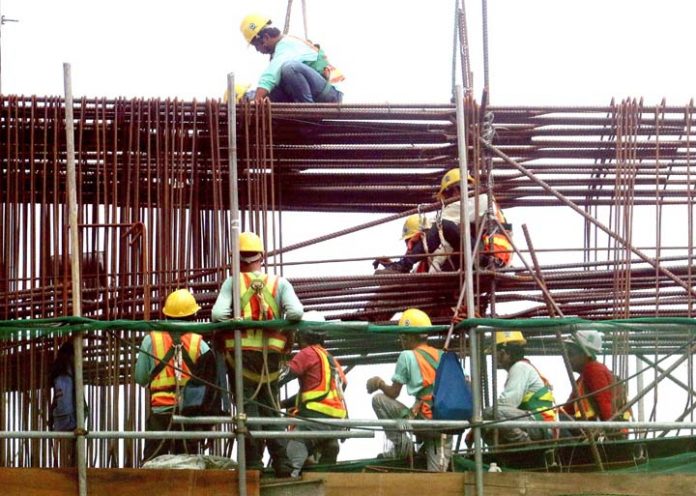
MANILA – Fiscal spending is likely to drive Philippine economic growth this year, even if it registers below official target, economists said Wednesday.
DBS Group Research economist Masyita Crystallin, the Philippine economy is likely to grow by 6.5 percent in 2019, largely fueled by government spending.
“The Philippines, after chalking up another year of 6 percent plus growth, is facing multiple sources of headwind in 2019, but would receive support from the public sector,” Crystallin said in the report, “Philippines: Public spending to support growth.”
“”Tax reform success in bringing in additional revenue has created room for government spending to expand. This consumption spending increase includes salary adjustment of military and other personnel,” the report read.
Signed into law in December 2017 by President Rodrigo Duterte, the Tax Reform for Acceleration and Inclusion (TRAIN) expanded the value-added tax (VAT) base and reduced personal income taxes in efforts to raise more revenues starting January 2018.
The government plans to spend over P8 trillion on its Build, Build, Build infrastructure program until 2022, largely funded by tax revenue.
“Government-led investment related to infrastructure reform, was another driver of growth resulting in higher gross capital formation growth,” according to DBS.
Public spending, specifically infrastructure spending, could indeed be a major growth driver, said Economics Professor Victor Abola of the University of Asia and Pacific (UA&P).
“That’s like it’s a given – public spending, especially infrastructure spending, because infrastructure spending employs a lot of people,” Abola told GMA News Online.
“Once people have jobs, they can spend and even get the economy moving faster.”
Abola earlier said the economy is likely to settle between 6.8 to 7.2 percent this year, driven by election spending and slower inflation throughout 2019.
The government targets to grow the economy by 7.0 to 8.0 percent from 2019 to 2022, according to the inter-agency Development Budget Coordination Committee (DBCC).
Socioeconomic Planning Secretary Ernesto Pernia said the government is still optimistic about reaching the target range, even if it is “aspirational.” (GMA News)







